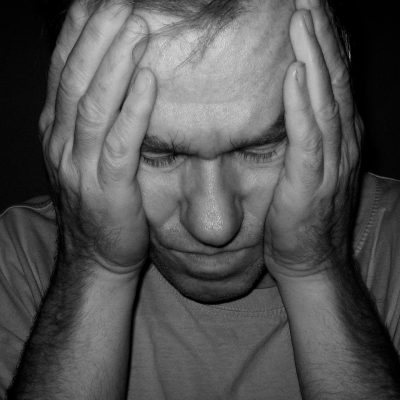- Telepsychiatry and in person appointments available
Depression

Depression
Feeling sad, lonely or depressed at times is part of the human condition especially when there has been a loss or life struggle or injured self-esteem. A diagnosis of clinical depression is made when during those times the feelings become overwhelming, cause physical symptoms, and last for long period of time, keeping you from leading a normal, active life. That is when it is time to seek help.
Recognizing the symptoms is the key which can include:
- Trouble concentrating, remembering details or making decisions
- Fatigue
- Feelings of guilt, worthlessness and helplessness
- Pessimism and hopelessness
- Insomnia, early-morning wakefulness or sleeping too much
- Irritability
- Restlessness
- Loss of interest in things once pleasurable, including sex
- Overeating, or appetite loss
- Aches, pains, headaches or cramps that won’t go away
- Digestive problems that don’t get better, even with treatment
- Persistent sade, anxious, or “empty” feelings
- Suicidal thoughts or attempts
What are the warning signs of suicide with depression?
- A sudden switch from sadness to extreme calmness or appearing to be happy
- Always thinking or talking about death
- Clinical depression (see symptoms above)
- Taking risks that could lead to death, such as driving through red lights
- Making comments about being hopeless, helpless or worthless
- Putting affairs in order, like tying up loose ends or changing a will
- Saying things like “It would be better if I weren’t here or “I want out”
- Talking about suicide
- Suddenly visiting or calling family or loved ones when it hasn’t happened in a while or giving away possessions
Risk factors for depression include a family history of depression, big stressors such as grief or loss, conflict with family or friends, chronic illnesses or substance abuse.
